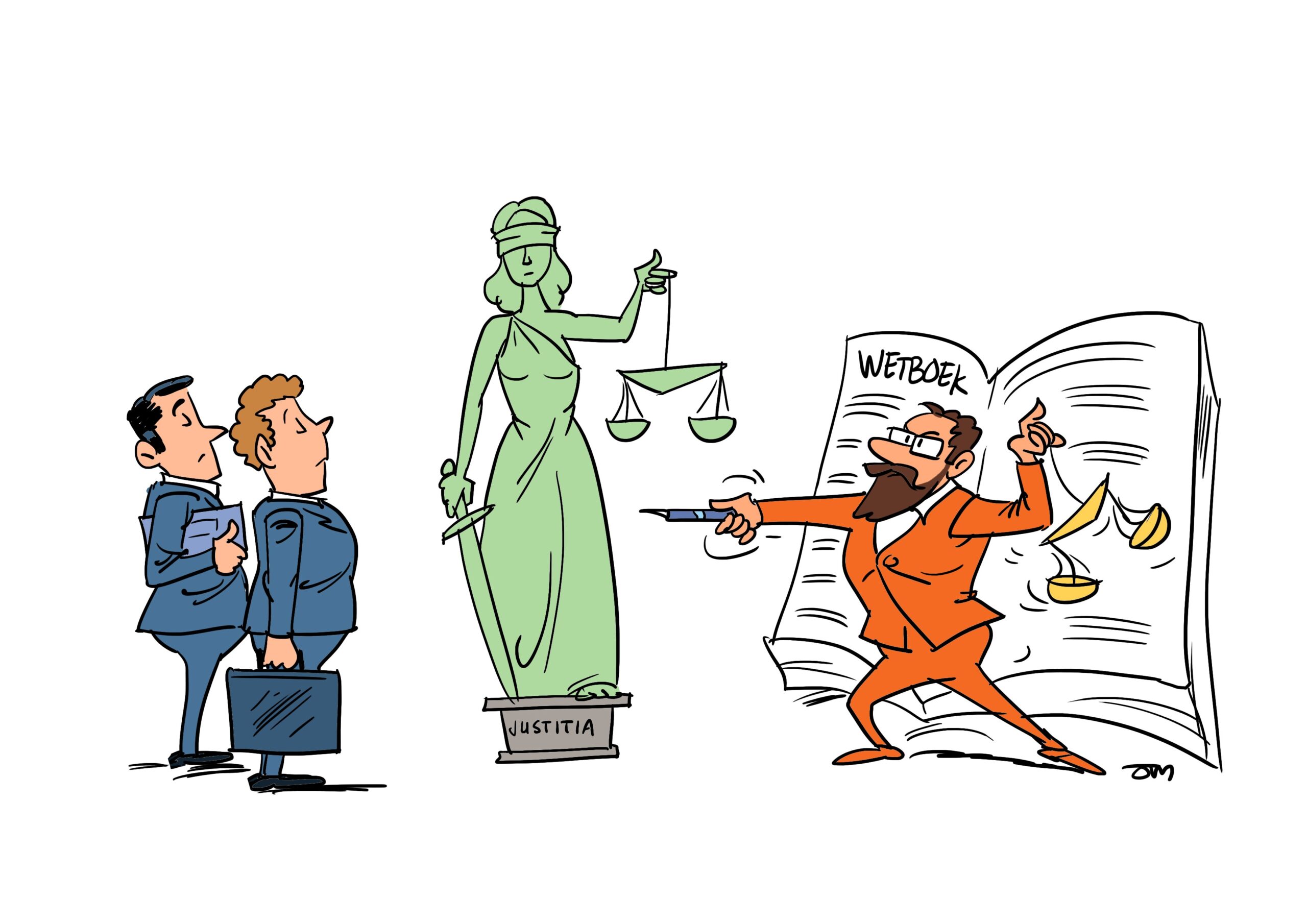True story about current account and dividend:
A managing director shareholder of a Dutch BV company had over the years taken up money from the business bank account and had this booked as current account debt. In 2010 the Dutch tax office determined that the current account balance was more or less EUR 2 million. The Dutch tax office made an agreement with this managing director that the EUR 2 million current account debt to the BV company should be reduced to an amount not exceeding EUR 1,5 million over a three year period.
In 2013 the tax office came back to this Dutch BV company only to learn that the current account debt this managing director has to the Dutch BV company was now EUR 2.062.194. In other words, more or less the same as in 2010. Part of the agreement made was that if the amount was not reduced to a lower amount than EUR 1,5 million, the Dutch tax office would assume that the excess was in fact a deemed dividend.
The dividend withholding percentage is 15% and via the income tax return this person needs to pay an additional 10%, so the total percentage is 25%. In this case 15% over EUR 661.361 (the excess) was due, being EUR 99.167. The current account would then go down with EUR 562.194 to an amount of EUR 1,5 million.
This managing director made a complaint against this decision based on the fact that he had no choice in 2010 other than to sign the agreement and that basically he was forced, outside free will to be part of the contract. If the will to sign is not present, the contract has not meaning.
The court did not agree with his appeal. There was no written current account loan agreement, no collateral was presented to the Dutch BV company for this loan. The BV company had not tried at all to collect the outstanding debt with its managing director. Hence the money has left the BV company giving away any right to collect it. Moreover, in fact the full amount of EUR 2.062.194 should be seen as a deemed dividend, but the tax office agreed only to address the amount exceeding EUR 1,5 million as deemed dividend.
This tax payer was due immediately EUR 99.167 and later EUR 66.111 in the income tax return.

How can a managing director get money out of the BV company?
Three ways:
- Salary income, taxed at the progressive rate up to 52%
- Dividend payment, 15% and later 10%, total 25%
- Loan agreement, interest percentage and repayment obligation
Often we learn that managing directors found the fantastic advise to have them receive a low amount of salary and pay themselves a high amount of dividend, as this is tax wise the best option.
We refer to these advise products as advice without taking into account any of the Dutch fiscal legislation. Since many years the managing director is obliged to meet the minimum salary for his position, which in case of only one managing director, leaves little room for a dividend payment.
The loan agreement is only possible when the agreement contains collateral (security) and a repayment schedule. However, jurisprudence have ruled that such a loan agreement can do without collateral and repayment schedule, if this is shown in the interest percentage. Without this, the risk of repayment is higher, hence the interest percentage needs to be higher.
Deemed dividend payment and taxation
The moment you pay yourself money from the BV company to your private account that is not regarded a dividend, as the minutes of the share holders meeting have not decided on a dividend. Nor was this transfer regarded a salary payment, as you never filed a wage tax return. Then the money is a loan that needs to be paid back.
When it becomes clear you are not able to payback the amount taken, as your private assets do not provide enough to cover the loan, the amount is regarded a deemed dividend. The amount plus 15% dividend withholding tax is the dividend for which is due immediately the 15% dividend withholding tax. Most of the time a penalty of between 25% and 100% is added to the dividend withholding amount, as none of the rules with respect to dividend were obeyed.
How should it be done?
First you determine what is the salary requirement of this managing director. If no comparable position is available and this person works more or less alone in the BV company, then 75% of the profit excluding his salary costs, is regarded salary income.
The amount left over is added to the general reserve. Out of this reserve the dividend can be determined. However, a dividend paid now, cannot result in liquidity issues in the future. That implies that when this BV company also builds up for instance a pension in the BV for this managing director, no dividend payment can be made, as the future payment obligations are huge.
What is the alternative?
If you need all the money you make in the BV company and your service is subject to liabilities, but you can insure these, then we recommend the one man company. You pay much less tax due to more tax beneficial rules, you pay much less to your accountant as no corporate tax and wage tax returns are due over your income, and a one man company has nearly none of the formal rules the BV company has many of.
That said, a one man company does not fit every situation.
Orange Tax Services
If you have a BV company, and you took out (too) much money already, or you would like to learn the alternative to the BV company you currently have, contact us and we see how we can either solve the situation at hand or inform you to prevent such a situation.




